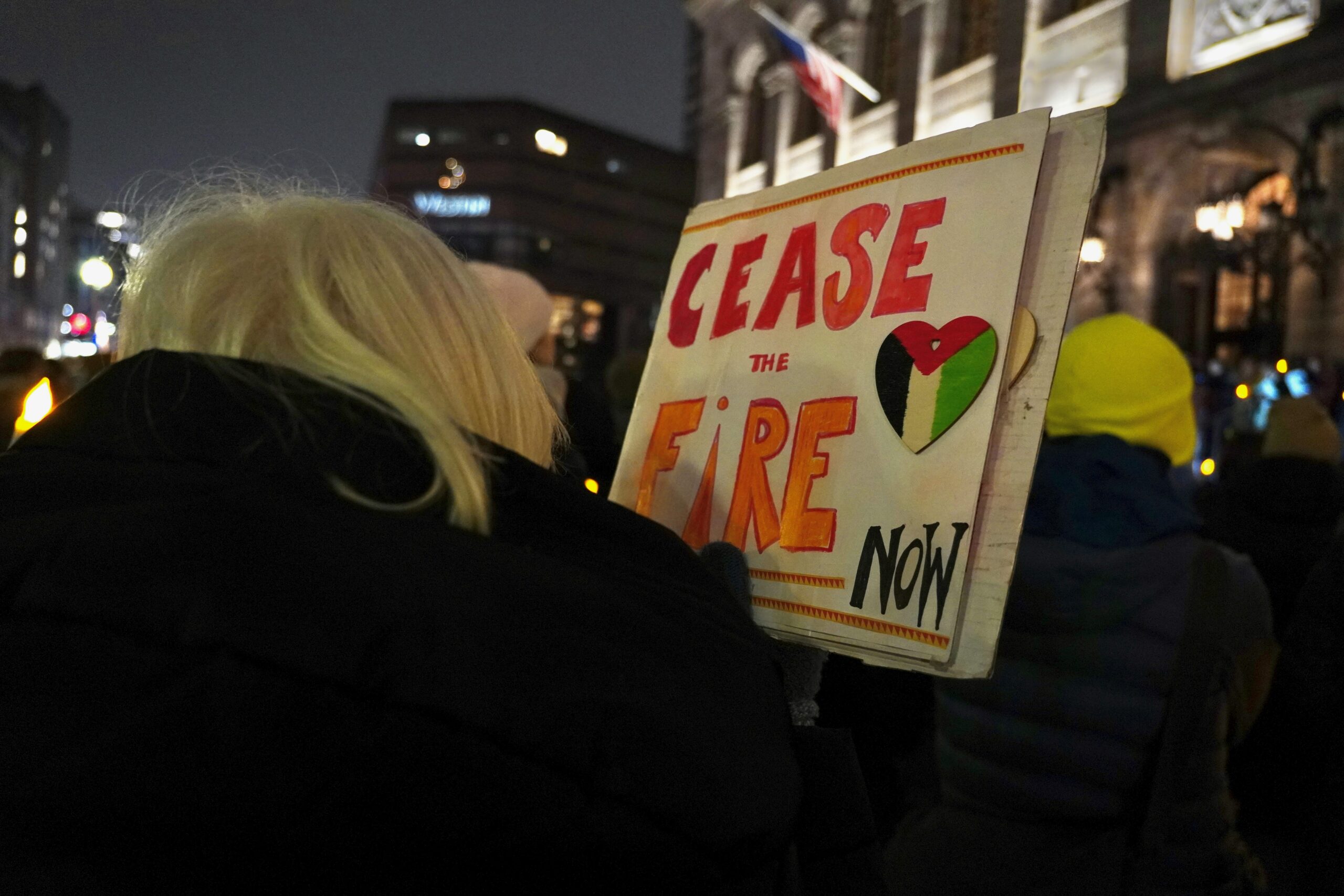
OpEds

A Pandora’s box of difficult decisions
As many commentators predicted, the war in Gaza is reaching an inflection point, with the Israeli leadership having to make some difficult decisions, each of which then in turn leads to another difficult decision.
Accept a ceasefire deal?
The first is whether to accept a ceasefire deal with Hamas. Although the current deal on the table is undoubtedly not the final one, the core concepts of any deal are clear: Hamas will release all the remaining Israeli hostages but in return, Israel will have to agree to a ceasefire of at least six weeks. In addition, Israel will have to release many Hamas operatives who are serving jail terms, possibly including those that have killed Israeli civilians in the past and who are therefore referred to by Israeli negotiators as “having blood on their hands”.
Any Israeli leader would love nothing more than to bring back all the hostages given the harrowing stories from those who have already been released of how badly they were treated and the terrible conditions they faced daily in the tunnels. There are still hostages who are old, injured, many who require medication, and everyone’s hearts break at the thought of these people suffering so terribly. However, a six-week ceasefire is likely to start the process of ending the war, which means Israel won’t achieve its ultimate objective of destroying Hamas or eliminating its leaders. In addition, releasing Hamas operatives with blood on their hands creates a serious risk for Israel that these people will revert straight back to their old ways and more Israeli civilians will be killed in future. Who can forget that the architect of the 7 October attacks, Yahya Sinwar, was himself released as part of a prisoner/hostage exchange years ago with Gilad Shalit?
It has been clear for a long time that bringing home the hostages and Israel taking the war through to a successful conclusion are likely to be mutually exclusive, but now, unfortunately for Israel, it has reached that decision point.
Start the process of a bigger deal?
Assuming some form of ceasefire is eventually reached, the next decision will present itself. The United States (US) is pushing hard for a bigger deal in the Middle East, to once and for all try and bring some peace deal to fruition. The deal involves a Saudi-Israel normalisation, with the Saudis recognising Israel and establishing diplomatic relations as long as Israel commits to a Palestinian state in future. Again, this presents a tricky choice. Every Israeli leader would love to bring a Saudi deal to fruition, but there’s a cost. First, the Gaza war will have to end, as the Saudis won’t do any deal with the war still raging. Second, Israel will have to make concessions to the Palestinian Authority (PA) and in the West Bank in general. Although the Saudis have moderated their demands from Israel creating “a clear path to a Palestinian state” to Israel now “committing to a Palestinian state in the future”, there’s no doubt that major concessions still need to be made. The US administration and the Saudis clearly want some deal to be finalised before the US election, as the Saudis are demanding a US defence treaty in return for recognising Israel. Getting such a treaty through the senate – which is required for any such treaty to be valid – will be extremely challenging, if not impossible, if there’s a Republican president in the White House after November.
In addition, the US would love to bring the Saudis “back into the US camp”, and a major Saudi deal with Israel would anchor the Saudis securely into the pro-Western cluster in the Middle East.
A Saudi deal would benefit Israel and be a major game changer in the Middle East, but again, it’s a trade-off.
What concessions will Israel have to make?
This is the crux of any Saudi normalisation deal. Israel can probably live with “a commitment” to some form of a Palestinian state sometime in the future – although that will collapse the current coalition – because that’s ostensibly official Israeli policy anyway after the Oslo accords, but the details become very important. Though Israel might be able to commit not to create any new settlements in the disputed territories, while allowing growth in existing settlements to continue, and to build up and deal with a new, reformed, and less corrupt and incompetent PA, especially one that’s being assisted, funded, and guided by the Saudis and other Gulf states, no Israeli leader is going to be able to make more concessions in the current environment. Having lived through the ongoing disaster in Gaza from 2005 onwards and the current war, no Israeli leader can at this stage honestly be expected to withdraw from any territory in the West Bank, especially knowing how much support Hamas still has in this area. Even committing in principle to a future Palestinian state, whatever it’s form, is likely to be difficult for any Israeli leader, given what Israel has gone through in this war.
Probably the way forward, if a ceasefire is eventually reached, is in small, incremental steps. Israel commits in principle to some form of a Palestinian state that is demilitarised and reformed, but with no fixed timeline. The Saudis agree to normalisation based on that commitment, and undertake to help reform the PA, train its leaders and security teams, and provide financial assistance. The Saudis then get their defence treaty with the US. The relationship between Israel and the new PA can then start to improve. That can start a slow and gradual process to some kind of eventual settlement.
Unfortunately, there’s a lot that can go wrong. Hamas and its allies have every incentive to collapse any deal, and are very likely to try. Second, everyone on the US side seems to be forgetting that there has never been agreement, going back to 1993, on what the final borders of any Palestinian state would comprise, what would happen to Jerusalem, the refugees, and so on. This isn’t a quick or easy problem to fix, like some in the US administration seem to believe. It will take time, probably a generation. Finally, as can be seen from the history of Gaza, any withdrawal by Israel from territory in the West Bank creates great danger for its people. No Israeli leadership is going to take this risk, at least for the foreseeable future, after what has transpired in Gaza.
The post-war period is going to present great risks for any new Israeli leadership. It will be pushed hard to acquiesce to some kind of deal. Simply rejecting any deal outright will anger the US, and possibly lead to it not vetoing some future United Nations Security Council resolution against Israel – a la Barack Obama – and even worse, possibly even recognising a Palestinian state. But accepting a bad deal will put Israel in grave danger. This post-war period will call for extremely smart and creative manoeuvring from any Israeli leadership, and it will need to walk a fine line between keeping the US onside and endangering national security.
- Harry Joffe is a Johannesburg tax and trust attorney.










